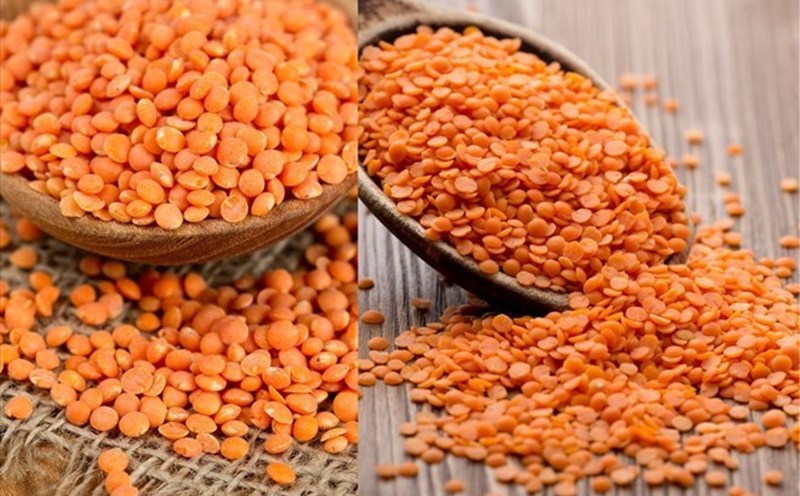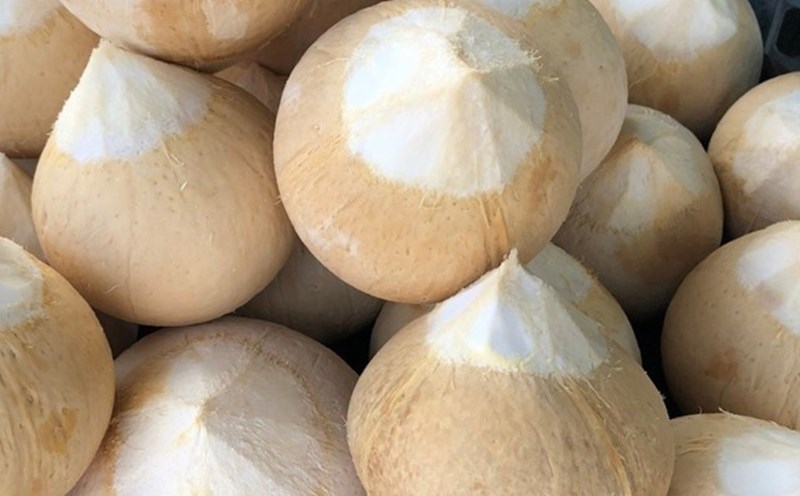The liver is the main organ responsible for nutrient metabolism and detoxification. When the gut microbiome is unbalanced (dysbiosis), toxic substances from bacteria (such as lipopolysaccharides - LPS) can leak through the intestinal wall and enter the liver, causing inflammation and liver tissue damage.
Supplementing prebiotics (inulin and oligofructose) for 12 weeks helps reduce liver enzyme ALT and AST levels in patients with non-alcoholic fatty liver disease (NAFLD).
The mechanism is to increase the proportion of beneficial bacteria such as bifidobacteria and reduce toxin-causing bacteria.
The kidneys are the organs that filter out urea, creatinine and excess metabolites from the blood. In chronic kidney disease, this filtering process is impaired, leading to a buildup of uremia toxins and inflammation throughout the body.
Abnormal gut microbiota also contribute to aggravating this condition.
Supplementing prebiotics reduces blood ure toxins such as p-cresol sulfate and indoxyl sulfate, which are produced by gut bacteria during digestion.
These toxins can promote kidney fibrosis and increase the risk of cardiovascular disease in people with chronic kidney disease.
Prebiotics also increase the production of short-chain fatty acids (SCFAs) such as butyrate and proponate, which have anti-inflammatory, immunoregulating and kidney-protecting effects.
Foods rich in prebiotics should be supplemented regularly:
Without the need for functional foods, you can completely supplement prebiotics from natural sources in your daily menu:
Garlic, onions, Celsius: Rich in inulin and fructooligosaccharide (FOS), which increase lactobacillus and bifidobacterium, two key probiotics.
Green bananas (or unripe bananas): Contains starch resistant, resistant starch, is a good source of prebiotics for people with diabetes and obesity.
Asparagus, artichokes: Rich in natural inulin, helps improve liver inflammation and blood sugar levels.
Whole grain oats: Provide beta-glucan, a type of soluble fiber that is beneficial for blood vessels, heart, and kidneys.
Chickpeas, lentils, green beans: Both rich in fiber and prebiotics help regulate gut bacteria and improve oxygen metabolism in kidney patients.
Notes when supplementing prebiotics:
Gradually increase: For those who are not used to eating a lot of fiber, it is necessary to gradually increase the amount of prebiotics to avoid bloating and indigestion.
Combined with probiotics: Using fermented foods (such as yogurt, kimchi, miso) with prebiotics will create a better resonance effect to nurture probiotics (also known as synbiotics).
Drink enough water: Fiber needs water to work effectively, avoid causing constipation or digestive blockage.










